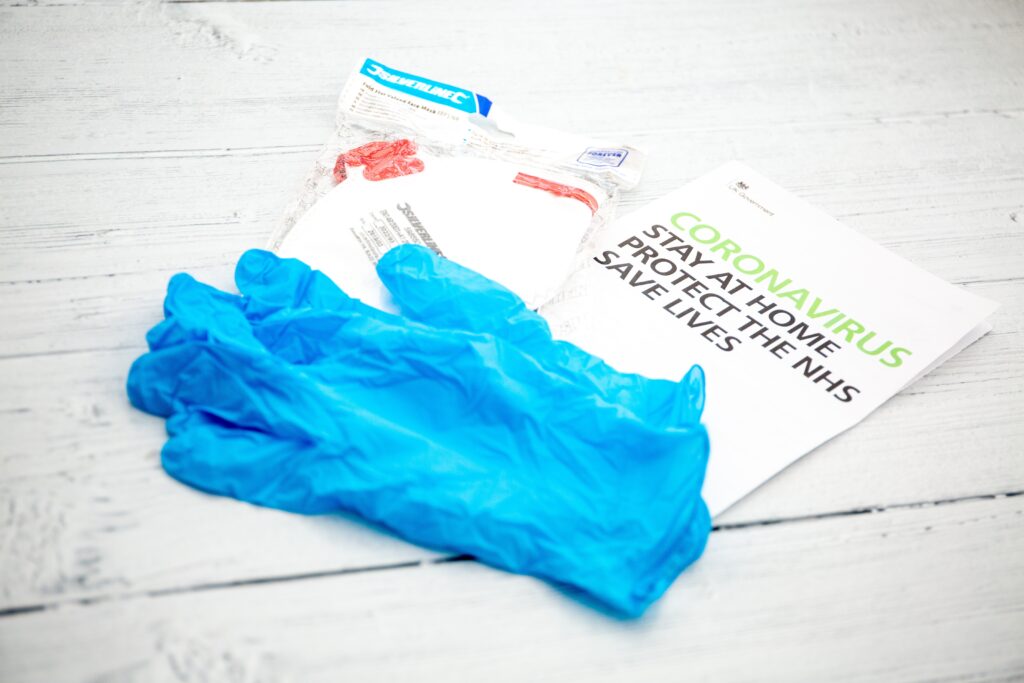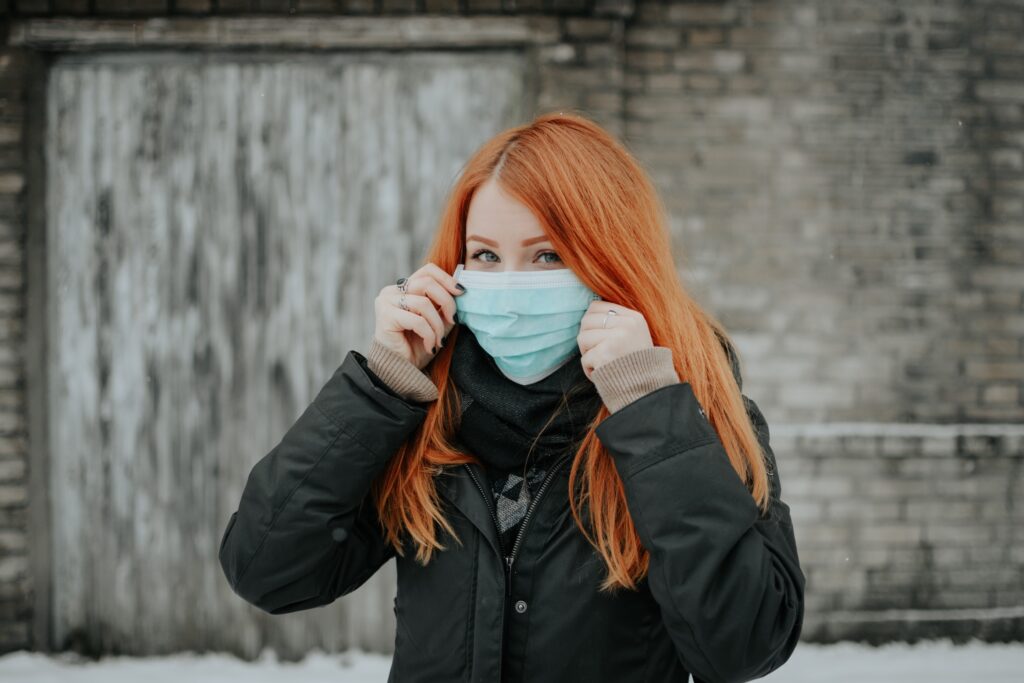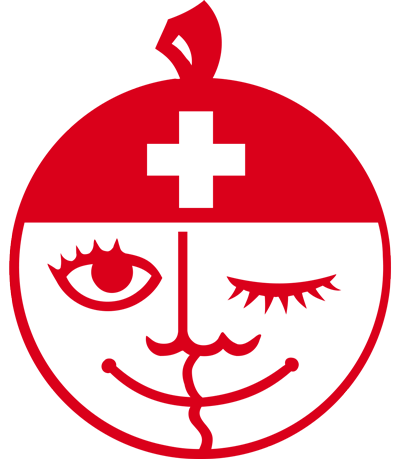Covid-19 measures in Switzerland
Balmers Hostel is open and ready for your arrival. Book your stay now!
Updated on 23.06.2020
Update: As of June 15, Switzerland has re-opened the borders to most European countries. It’s allowed again to travel between Switzerland and other European Schengen states as well as Iceland, Norway, Liechtenstein and the United Kingdom. As of June 21, the borders with Spain are open again as well. For the moment, it’s not yet possible to enter Switzerland from outside the above-mentioned countries.
The most important rules regarding Covid-19 as given by the Federal Office of Public health in Switzerland.

 Keep your distance
Keep your distance
The Federal Office of Public Health in Switzerland recommends keeping at least a 2-meter distance from other people. We notice that most people in Interlaken seem to respect the distance in for example supermarkets or on the streets.
 Wash your hands
Wash your hands
The government stresses the importance of handwashing frequently and thoroughly. Washing your hands with soap and water helps protect you against COVID-19 and decreases further spread of the virus.
 Don’t shake hands
Don’t shake hands
Hands tend to carry a lot of bacteria and viruses. These can get into your system when you touch your mouth, nose, or eyes. You can, therefore, protect yourself and the people around you if you avoid shaking hands with each other.
 Cover mouth or nose
Cover mouth or nose
Like most other viruses, COVID-19 can spread when the infected person sneezes, spits or coughs. Most ideally you use a paper tissue when coughing or sneezing. If that’s not available, over your mouth or nose with the crook of your arm rather than your hands.
 Stay home if you have symptoms
Stay home if you have symptoms
Are you not feeling well? You can check via this website if your symptoms correspond to the coronavirus. It’s important that you stay home and avoid contact with other people whenever you start to have symptoms of the Covid-19 virus.
 Always call ahead
Always call ahead
Never show up to a doctor’s office in Switzerland without calling ahead. Especially when you have symptoms of the COVID-19 virus. Strict measurements have been put in place to protect the health of the medical staff and their patients.
Lifting the lockdown

There have been confirmed cases of COVID-19 in Switzerland since the 25th of February 2020. The Swiss government announced on March 16th that all bars, restaurants, shops, and other gathering places would have to close down. Supermarkets and pharmacies remained and also public transport kept running. As of March 20th, it was no longer allowed to gather with more than 5 people in private or public spaces.
As the number of COVID-19 infections is decreasing, the Swiss government decided to gradually start lifting some of the measurements.
Phase 1: April 27th
In the first phase, medical practices and dental offices could once again offer non-urgent care. Certain shops could start to open again such as DIY stores, garden centers, and florists. It was also possible for hairdressers, beauty salons and tattoo studios to open their doors again.
Phase 2: May 11th – Current stage
In the next stage, more attention was given to establishing rules and conditions that would allow businesses to open again. All remaining shops, as well as restaurants, libraries, and museums, were able to open as long as the right measurements were taken to ensure social distance and high standards of hygiene.
Phase 3: June 8th
The Swiss Government will announce the details of phase 3 on May 27th. It’s expected that as of June 8th, gatherings of more than 5 people will once again be allowed. Swimming pools, theaters, and mountain transport services will most likely be reinstated as well.
Frequently asked questions

Are the borders open in Switzerland?
You are currently not allowed to cross the Swiss border unless you are a citizen of Liechtenstein or live/work in Switzerland. On May 15th, it will become easier for unmarried couples and families to travel between Switzerland, Germany, and Austria. The government does not provide information on when the border is expected to open for other countries.
Will Switzerland open the borders for tourists this summer?
Uncertain, it’s currently very difficult to make predictions regarding the opening of the borders for tourism. We keep a close eye on the development and keep our fingers crossed that we can soon welcome guests again from around the world.
Does public transport in Switzerland still run during the COVID-19 crisis?
Yes, most public transports remained running throughout the Corona outbreak with the exception of international train connections.
Is it obligatory to wear a face mask on public spaces in Switzerland?
No, it’s not obligatory to wear a face mask in public. The Federal Office of Public Health in Switzerland does not recommend health people to wear a mask as they believe it does not provide adequate protection against contracting the coronavirus.
However, it is recommended by the Federal Office of Public Health in Switzerland to wear a face mask when people have symptoms of the COVID 19 virus. When someone is infected, a facemask can decrease the chances of passing the virus over to other people.
Do you have to wear a face mask when you use public transport in Switzerland?
Sometimes, depending on how busy it is. It is recommended by the Federal Office of Public Health to wear a face mask when you make use of public transport in peak times when there is not enough space to take the recommended distance from other travelers.
Check the Hostel What to do in Switzerland, best top activities


 Keep your distance
Keep your distance Wash your hands
Wash your hands Don’t shake hands
Don’t shake hands Cover mouth or nose
Cover mouth or nose Stay home if you have symptoms
Stay home if you have symptoms Always call ahead
Always call ahead